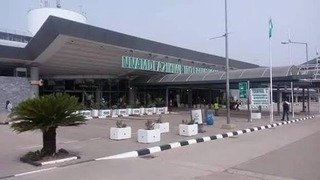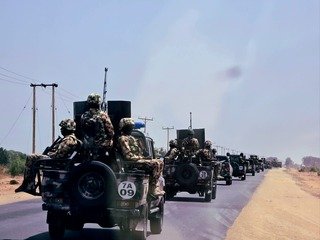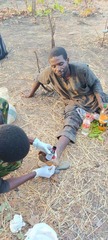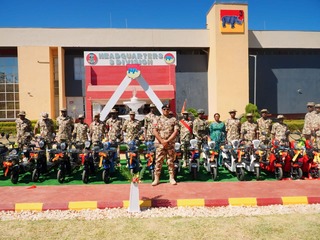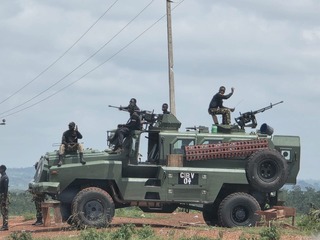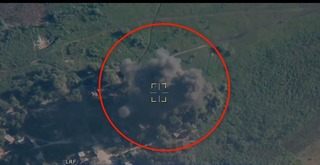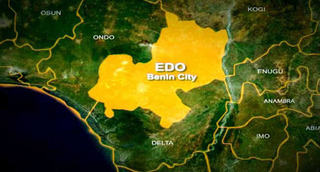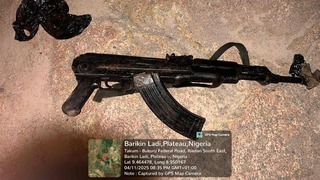Benue Mob Killing of Fulani Herder And Escalating Cycle of Violence
By: Zagazola Makama
The recent lynching of a Fulani herder near the North Bank cattle market in Makurdi, Benue State, has reignited concerns over the worsening pattern of extrajudicial violence that threatens to deepen the existing circle of crisis in the region.
The incident, which occurred on Wednesday evening, has exposed the urgent need for a comprehensive approach to addressing persistent insecurity and ethnic tensions in the state.
According to security sources, the victim was attacked and killed at approximately 7:45 p.m., after a mob pursued him with the apparent intent to inflict harm. Despite rapid deployment of security personnel to the scene, the herder was already dead upon their arrival.
Preliminary investigations suggest that he was one of several Fulani individuals whose cattle had recently been recovered by authorities after being stolen by rustlers. He himself was a victim, as such, his killing appears not to stem from any direct criminal act but from a vendetta fuelled by ethnic suspicion.
A security sources said “This appears to be a premeditated mob action rooted in ethnic profiling. Such acts of violence undermine the rule of law and threaten public peace. We have already launched a manhunt to apprehend those responsible.
The deceased’s body was subsequently examined and handed over to Muslim clergy for a proper Islamic burial reflecting the community’s adherence to tradition despite the violence.
This troubling development point to a disturbing trend of targeted killings against herders in Benue, often driven by suspicion and inflammatory rhetoric. Experts warn that this cycle where violence begets further violence through retaliatory attacks destabilizes social cohesion and fuels a dangerous environment of ethnic hostility.
Over the years, Benue has endured numerous clashes between farmers and herders, complicated by the rise of criminal gangs and bandits whose myriad activities have wrought havoc across rural communities. Many residents now perceive all Fulani as potential threats, blurring the line between victims and perpetrators.
Furthermore, there are indications that internal divisions within Fulani communities themselves are exacerbating tensions. Some peaceful herders maintain solidarity with more militant factions, symbolized in gestures like the sharing of kolanut or communal gatherings aimed at fostering support. Such interactions, however, are often exploited by hardliners, leading to retaliatory violence against other communities.
While some narratives attempt to cast blame on foreign elements or mercenaries, intelligence sources indicate that most of the banditry plaguing Benue originates domestically. Fighters are believed to have ties to groups operating in Zamfara, Sokoto, Kaduna, and other parts of northern Nigeria, including the Yellow Jambros camp. After his repentance, his men who did not have expanded their reach, conducting kidnappings, cattle rustling, and attacks that ravage both rural and urban areas.
Despite ongoing military operations targeting these insurgent networks, experts agree that the violence cannot be solely quelled through force. The emphasis must shift toward building lasting peace through dialogue, reconciliation, and community engagement. Recent initiatives by the military and the Benue State government to facilitate constructive conversations among stakeholders and promote peacebuilding efforts are seen by many as promising steps forward.
We must always know that violence only breeds more violence. Addressing the root causes, misunderstandings, stereotypes, poverty, and injustice requires a strategy that goes beyond military action. Peacebuilding and trust are the only sustainable solutions.


